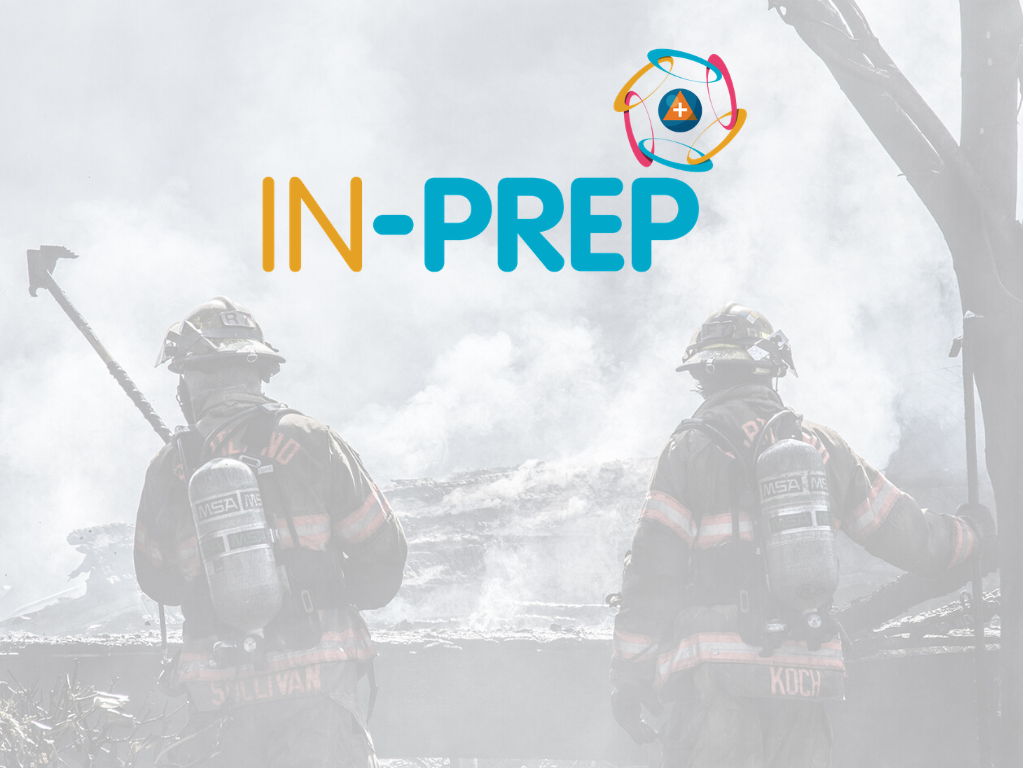Study finds EU Research Projects have improved the Response of Emergency Services during Covid-19
The latest research carried out by the Italian Fire and Rescue Service shows that EU-funded research projects have improved how first responders are working together in light of Covid-19. The study, part of the IN-PREP and Fire-In Projects, shows that recent technological developments have allowed the emergency services to exchange data in a more effective way, overcoming the existing barriers in location, language and technology and protecting workers in the emergency services who are responding to Covid-19. Stefano Marsella of the Italian Fire and Rescue Service, who co-authored the study, said: ‘The ability to exchange information quickly and effectively between those responding to disasters is a core element of crisis management which is made more complex due to the number of agencies involved, their location and differences in language and technology used.’ ‘Responding to Covid-19 has meant agencies at both a local and national level need to work together despite social and physical distancing regulations. Up to now this has been a difficult and complex task but recent developments from EU research projects are allowing this collaboration to take place in a safe, coordinated way. The technological side of the challenge can be considered substantially overcome.’ The study highlights the IN-PREP Project, funded under the EU’s Horizon 2020 grants, as one such research project which is allowing agencies to work together while limiting the health risks presented to frontline workers. Evangelos Sdongos, IN-PREP Project Coordinator, said: ‘The outbreak of Covid-19 throughout Europe has brought the issue of planning for such disasters into the wider public consciousness. IN-PREP, through our Mixed Reality Preparedness Platform (MRPP) technology have proven that it is possible to coordinate a response to a large-scale crisis despite the differences in technologies used by agencies across Europe. Our MRPP allows agencies to train, plan and collaborate together remotely by facilitating efficient chain-of-command and asset management during disasters. As the study carried out by the Italian Fire and Rescue Service notes, our MRPP has been successfully tested in a number of field exercises so far and we hope that our technology can assist agencies across Europe in the future management of complex crises such as Covid-19.’ The study titled ‘How EU Funded Research Projects have improved Covid-19 Resilience of Rescue and Emergency Control Rooms’ can be found here: https://www.researchgate.net/publication/341287556_How_EU_Funded_Research_Projects_have_improved_Covid19_Resilience_of_Rescue_and_Emergency_Control_Rooms?channel=doi&linkId=5eb93dd34585152169c594c1&showFulltext=true For more information on the IN-PREP Project please visit www.inprep.eu or for regular updates follow IN-PREP on Twitter @INPREP_EU
Keywords
emergency services, disaster management, crisis management, disaster risk reduction, covid-19, coronavirus, preparedness, response planning



